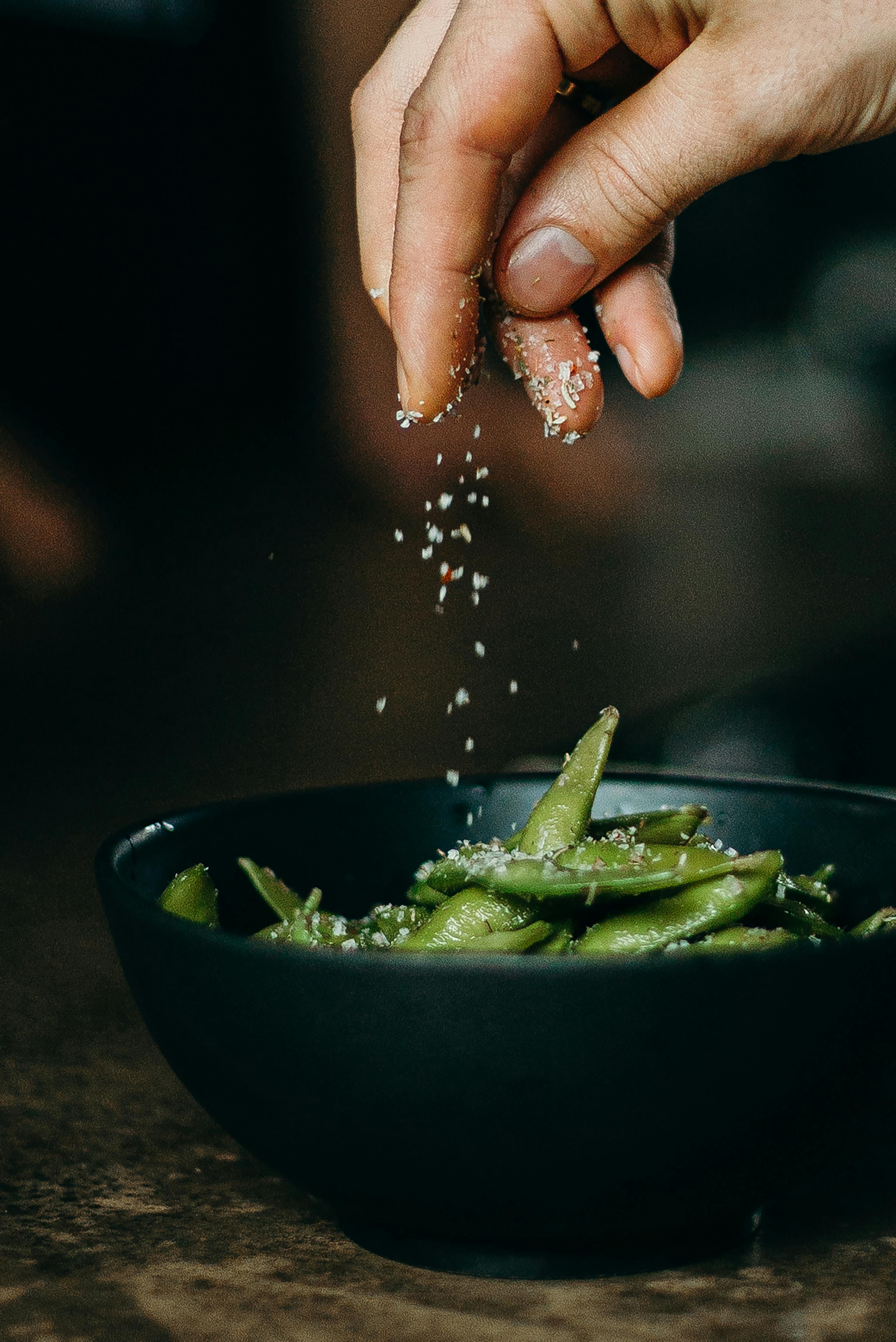Apply Now
How to Properly Cook a Frozen Turkey for Juicy Results
Cooking a frozen turkey might sound daunting at first, but it's entirely possible to achieve delicious results. With the right techniques, you can ensure that your turkey remains juicy, flavorful, and perfectly cooked, even when starting from frozen. This guide will walk you through essential tips and methods for successfully preparing a frozen turkey, from thawing to the final roast.
Notably, cooking a frozen turkey can save time, especially during busy holiday seasons like Thanksgiving. Many home chefs find themselves with a frozen turkey on hand and no time to thaw it. That’s where the beauty of cooking a turkey from frozen comes in: you're not only saving time but also ensuring that your meal preparation remains stress-free.
In this article, you will discover the best methods for cooking frozen turkey, including thawing techniques, flavoring options, and essential cooking guidelines. Let's dive into a complete guide to help you roast a succulent frozen turkey that will impress your family and guests!
Essential Techniques for Preparing Frozen Turkey
When it comes to cooking a frozen turkey, preparation is key. The way you handle the turkey before it goes into the oven can significantly affect its juiciness and flavor.
Thawing Techniques for Frozen Turkey
One of the primary considerations is how to thaw your turkey safely. While traditional methods involve refrigerator thawing, quick options are available. The *quick thaw turkey* method uses cold water. This involves submerging the wrapped turkey in cold water, changing it every 30 minutes.
Alternatively, if you're short on time, you can skip thawing altogether. Just remember, if you choose this route, increase your cooking time by about 50%. A *cooking time frozen turkey* guide can provide specifics based on your turkey's weight.
Brining for Extra Juiciness
Brining is a fantastic way to enhance the flavor and moisture of your turkey, especially a frozen one. A simple brine can be made with water, salt, and sugar, infused with herbs. Even if starting from frozen, you can brine your turkey by submerging it in a solution as it cooks. This method ensures flavor penetration while keeping the meat juicy.
Seasoning Strategies for Flavorful Results
When it comes to flavoring your turkey, seasoning is crucial. Using a good mix of herbs and spices can elevate your turkey to a whole new level. Consider making an *herb butter for turkey*. Mixing softened butter with garlic, rosemary, thyme, and parsley creates a delicious spread that can be applied under the skin for maximum flavor.
Cooking Techniques for a Perfectly Roasted Frozen Turkey
Once you have your turkey prepped, the next step is mastering the cooking process.
Optimal Oven Temperature for Roasting Turkey
Setting the right oven temperature is essential. Preheat your oven to 325°F (163°C), which is ideal for roasting a turkey evenly. Using a meat thermometer is crucial to ensure your turkey cooks safely and reaches an internal temperature of 165°F (74°C) in the thickest part of the breast and the innermost part of the thigh.
Using the Right Cooking Equipment
Having the appropriate cooking equipment can make a significant difference. A sturdy *roasting pan for turkey* allows even heat circulation. A rack helps with airflow, ensuring that all sides of the turkey roast evenly.
Basting Techniques for Enhanced Juiciness
Basting your turkey while it cooks helps to achieve a golden-brown skin and adds moisture. Use a turkey baster or a ladle to periodically drizzle some of the pan juices over the turkey. *Turkey basting tips* include basting every 30 minutes to a maximum of every hour to avoid losing too much heat.
Cooking Frozen Turkey: Timing and Temperature Considerations
Understanding timing is critical when cooking a frozen turkey.
Understanding Cooking Times for Various Sizes
The size of your turkey determines the cooking time. As a general rule, cook your frozen turkey for approximately 50% longer than a fully thawed turkey. A standard 12-14 pound turkey should take around 3.5 to 4 hours, while a frozen turkey may require around 5 to 5.5 hours. Be sure to consult a *frozen turkey cooking guide* for specifics.
Checking for Doneness with a Meat Thermometer
Using a meat thermometer is the best practice for ensuring your turkey is fully cooked. Insert the thermometer into the thickest part of the thigh without touching the bone. When it reads 165°F (74°C), your turkey is safe to eat. This technique not only guarantees food safety but also enhances your cooking skills for turkey preparation.
Resting Period for Optimal Juiciness
Once your turkey has reached the desired temperature, allow it to rest for at least 20-30 minutes before carving. This resting phase is essential as it helps the juices redistribute throughout the turkey, ensuring juicy meat. This step can dramatically enhance your *juicy turkey recipe* outcome.
Flavoring Techniques to Enhance Frozen Turkey
Adding flavor is crucial for a delicious turkey. Various strategies can be used to ensure your turkey is as tasty as possible.
Creative Turkey Marinade Ideas
If you wish to speed up flavor absorption, a marinade can work wonders. You can prepare various *turkey marinade ideas*, such as a citrus-based marinade or a spicy garlic blend, even when it's frozen. Allow the marinade to sit on the turkey while it cooks.
Special Seasoning Blends for Unique Flavors
Consider using unique *turkey seasoning blends* that incorporate different herbs and spices to create a memorable turkey experience. For example, a combination of rosemary, sage, and thyme can deliver traditional holiday flavors, while a southwestern blend with cumin and chili powder adds a twist.
Cooking Options for Leftovers
If you have leftovers, consider dishes like turkey casseroles or sandwiches. For a twist, try lightly frying leftover turkey with spices to create crispy bites or incorporating it into holiday recipes.
Cooking Frozen Turkey: FAQ and Tips
To help you navigate the world of cooking frozen turkey, we’ve compiled some frequently asked questions.
Common Myths in Turkey Cooking
Many myths surround turkey cooking, like the necessity of thawing entirely before cooking. While it's essential to follow safe cooking practices, it’s also important to know that cooking frozen turkey is not only possible but can yield excellent results!
Turkey Cooking Challenges and Solutions
One common challenge is achieving even cooking without drying out the breast meat. To combat this, special *cooking techniques for freezing* can be employed, such as covering the turkey with foil during the first part of roasting to trap moisture.
Practical, Flavorful Tips for Your Turkey
Using a handheld mixer to whip your herb butter helps create a smoother blend that can be rubbed under the skin for better flavor penetration. Additionally, consider enhancing moisture with broth or apple juice in the roasting pan.

Conclusion: Your Journey to Cooking Frozen Turkey
With the right techniques and a little patience, cooking a frozen turkey can be a rewarding experience. Remember to enjoy the process, and don't hesitate to experiment with flavors and cooking methods. The final product can be a juicy, flavorful centerpiece for your meals. Happy cooking, and may your turkey be golden brown and delicious!



